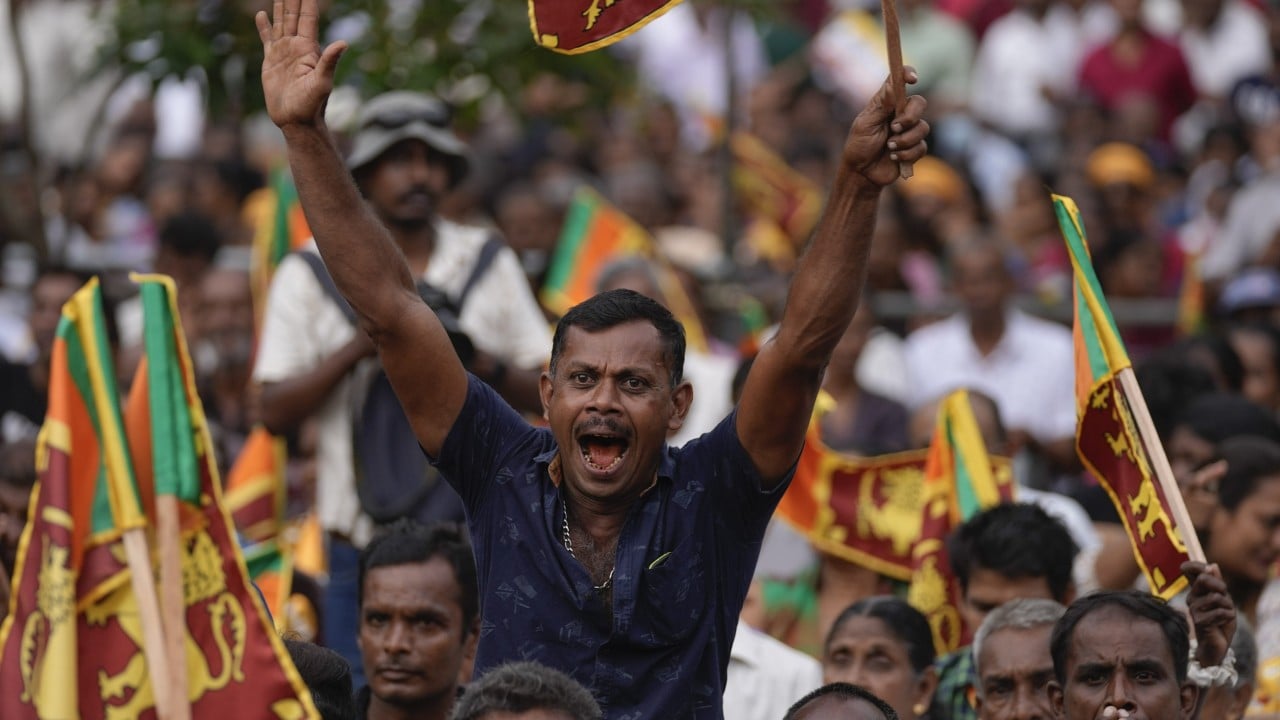As Sri Lanka approaches its first presidential election since a devastating economic crisis, close to 80 per cent of the population is poised to cast their votes in what is shaping up to be a three-horse race. The election, set for September 21, comes on the heels of severe shortages of essentials and skyrocketing food prices that have left the island reeling.
Advertisement
Observers say that the policies of the incoming leader will be crucial in steering the South Asian nation’s economic recovery and continuing essential structural reforms under a US$2.9 billion International Monetary Fund programme, following a historic default in 2022. This election is also notable for being the first under new campaign financing laws, which cap each candidate’s spending at around 1.8 billion rupees (US$6 million).
Among the 38 candidates vying for the presidency, the most prominent figures include incumbent president Ranil Wickremesinghe, who is running independently; Sajith Premadasa of Samagi Jana Balawegaya; Anura Kumara Dissanayake from National People’s Power; and Namal Rajapaksa of the Sri Lanka People’s Front.
Analysts predict that the race will narrow to just Wickremesinghe, Dissanayake, and Premadasa, though some believe it will be a direct contest between the latter two.
Bhavani Fonseka, a lawyer and senior researcher at the Centre for Policy Alternatives, a Colombo-based think tank, views the election as a critical moment for voters seeking a leader who can not only drive economic recovery but also address pressing issues of crime and corruption. Members of the country’s ethnic minority groups are particularly focused on finding a “political solution and reconciliation”, she said.

